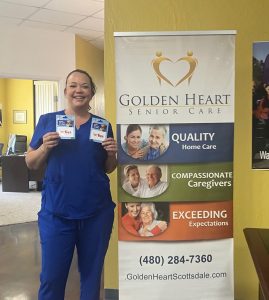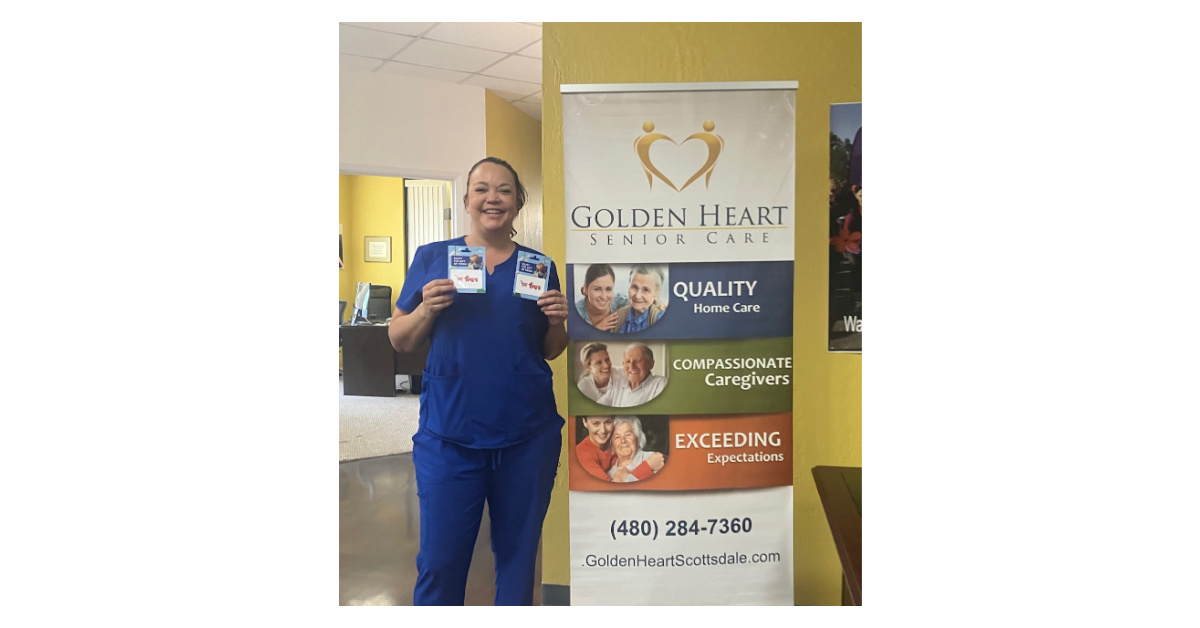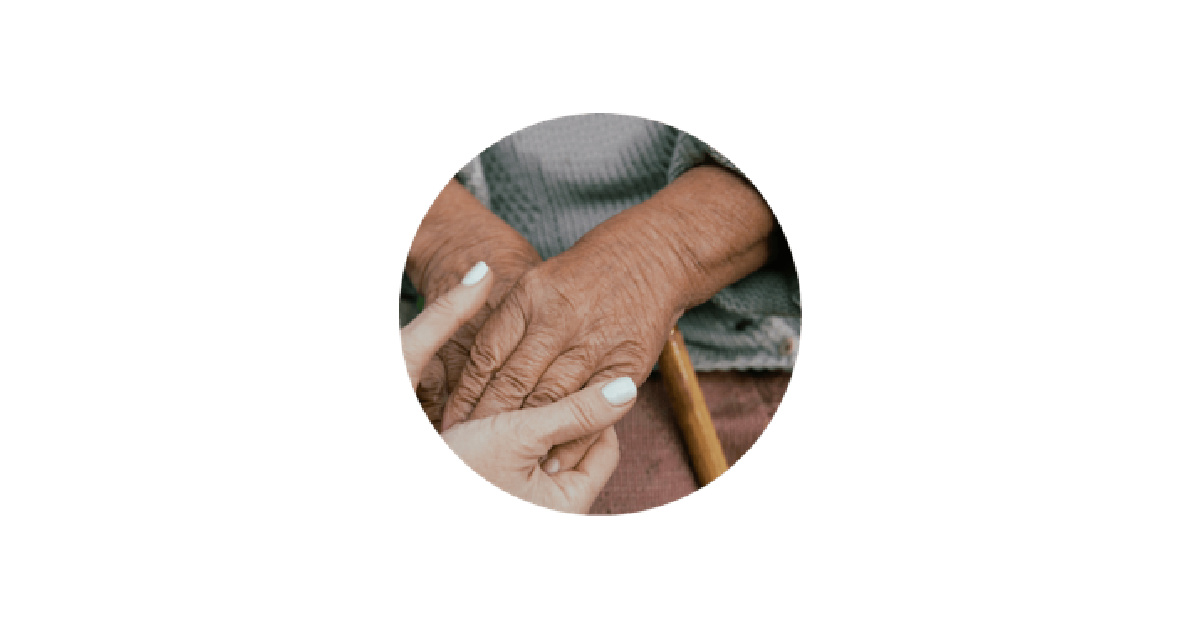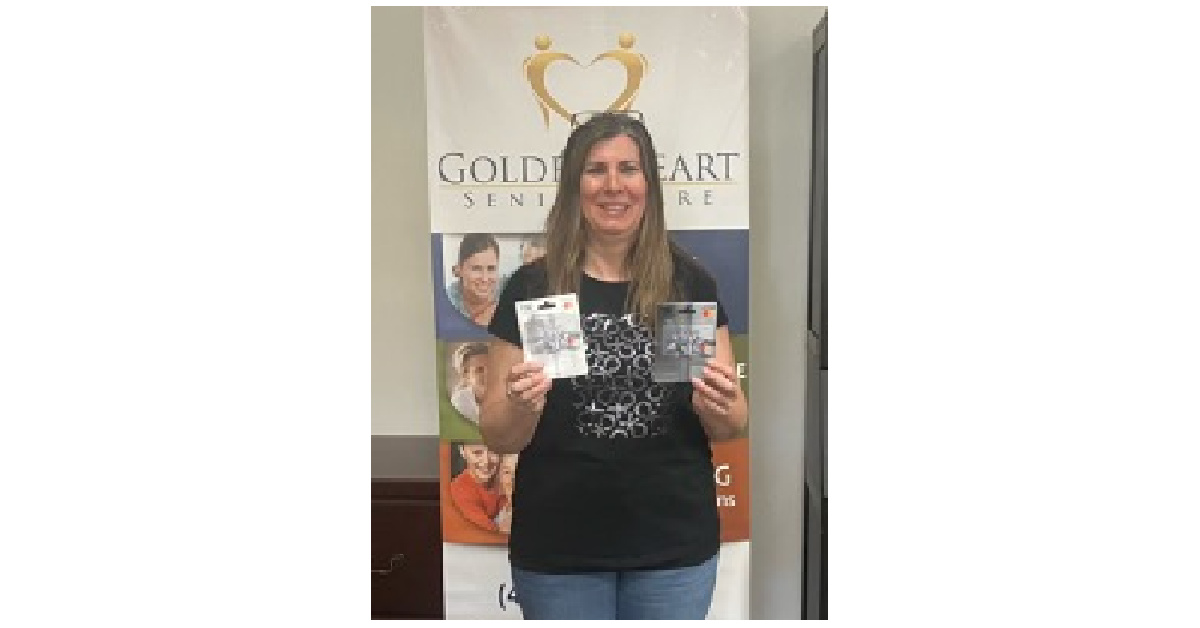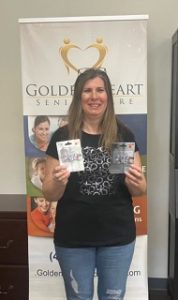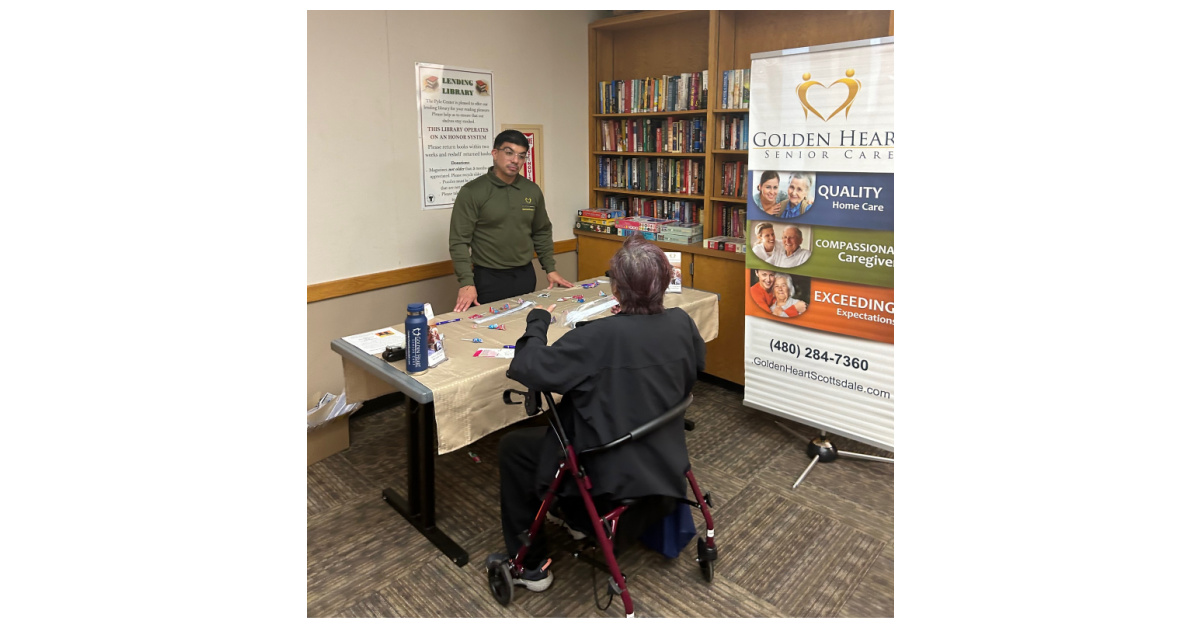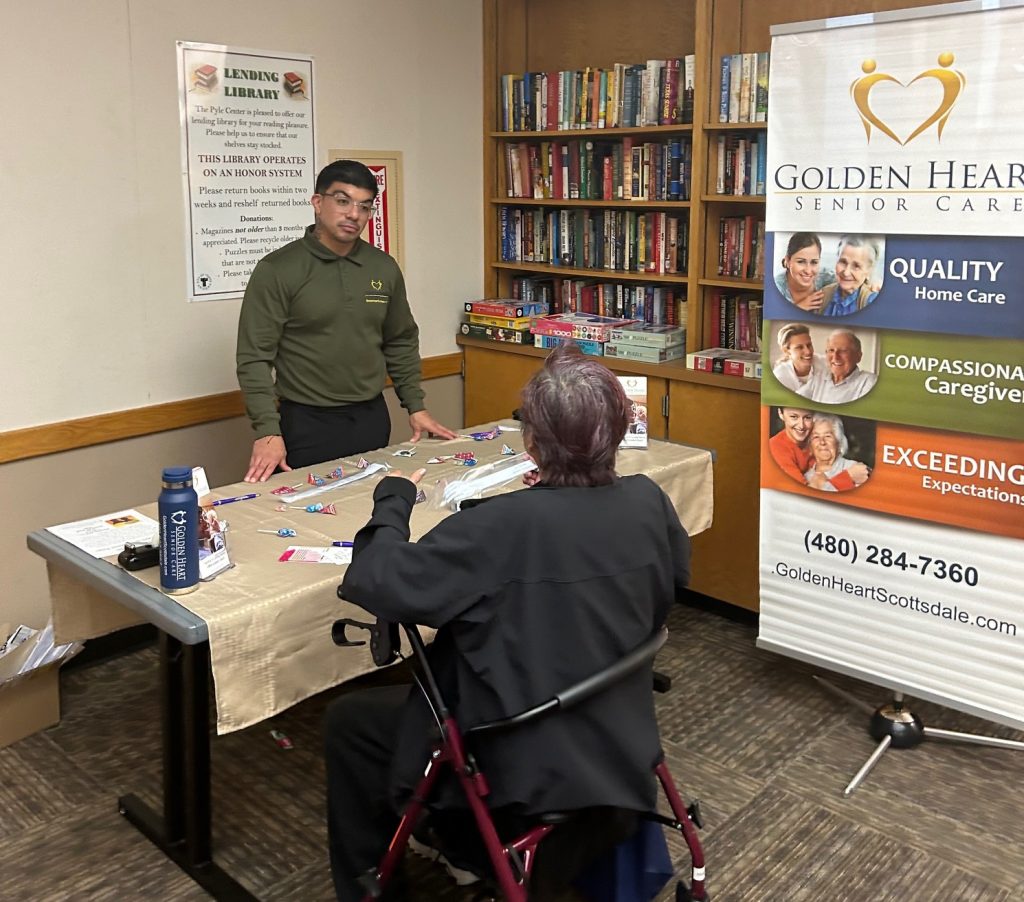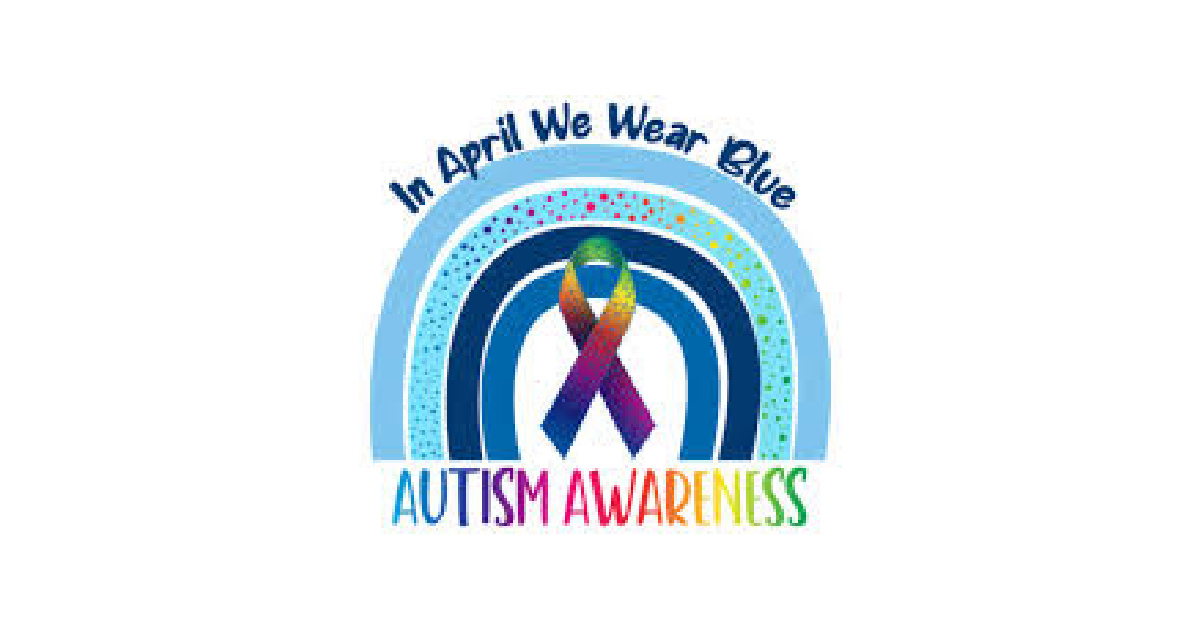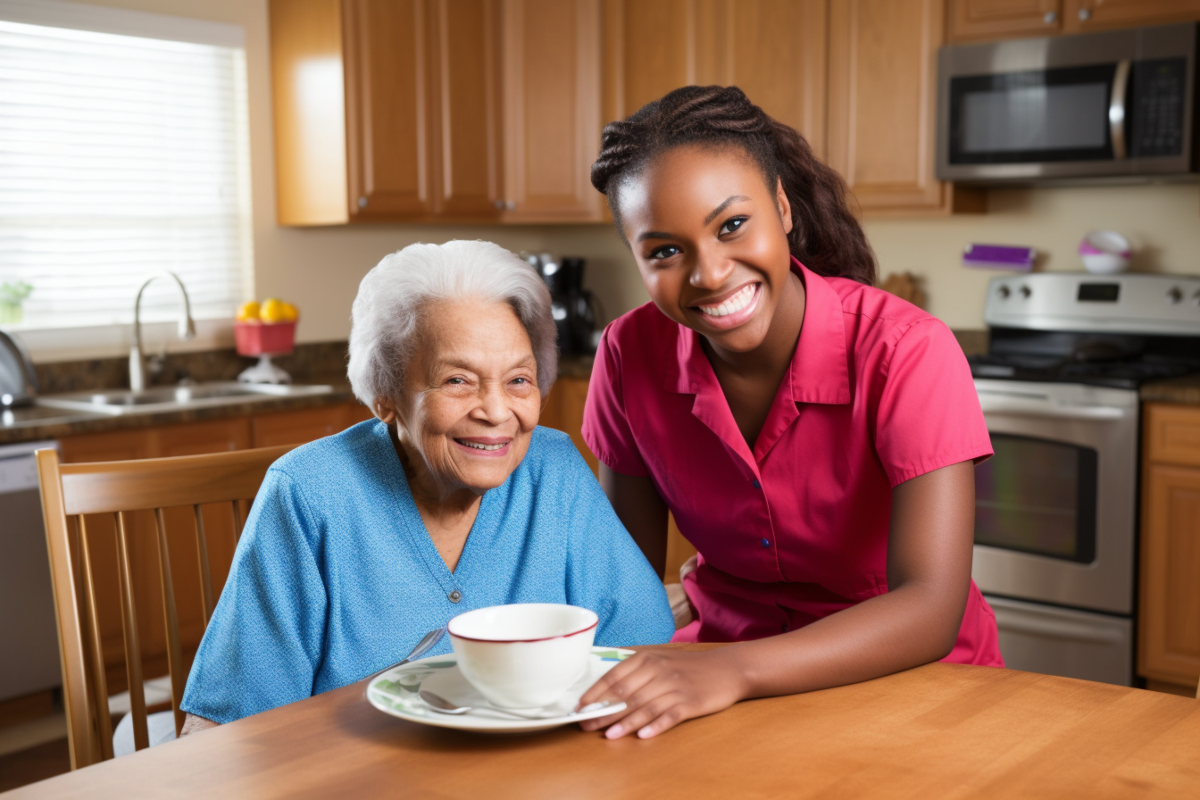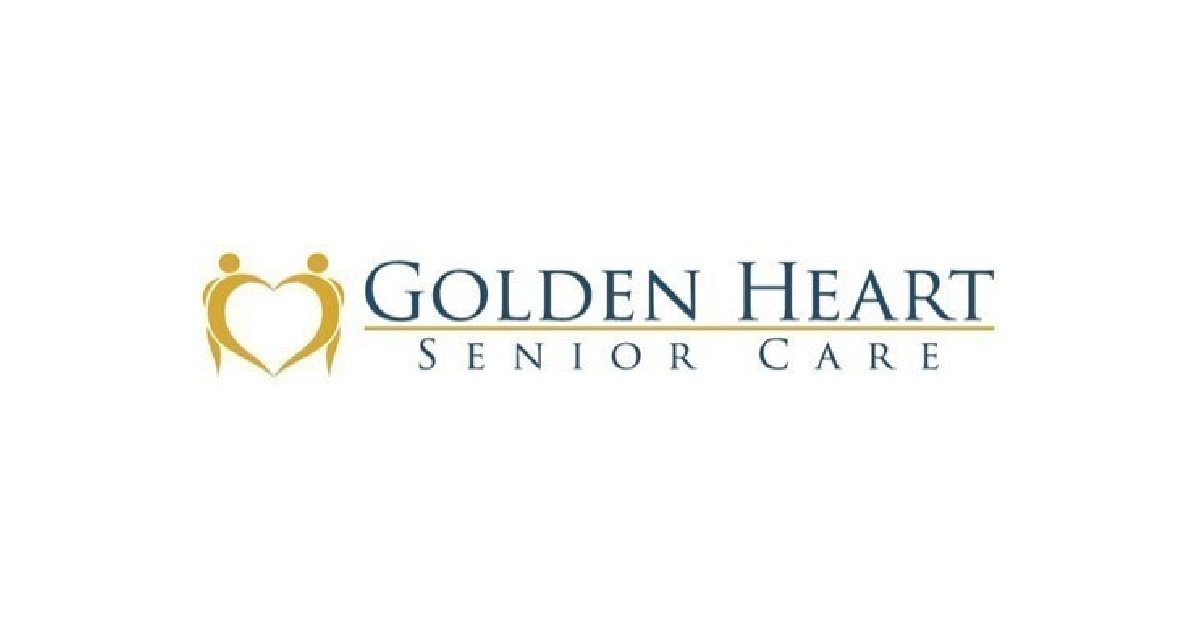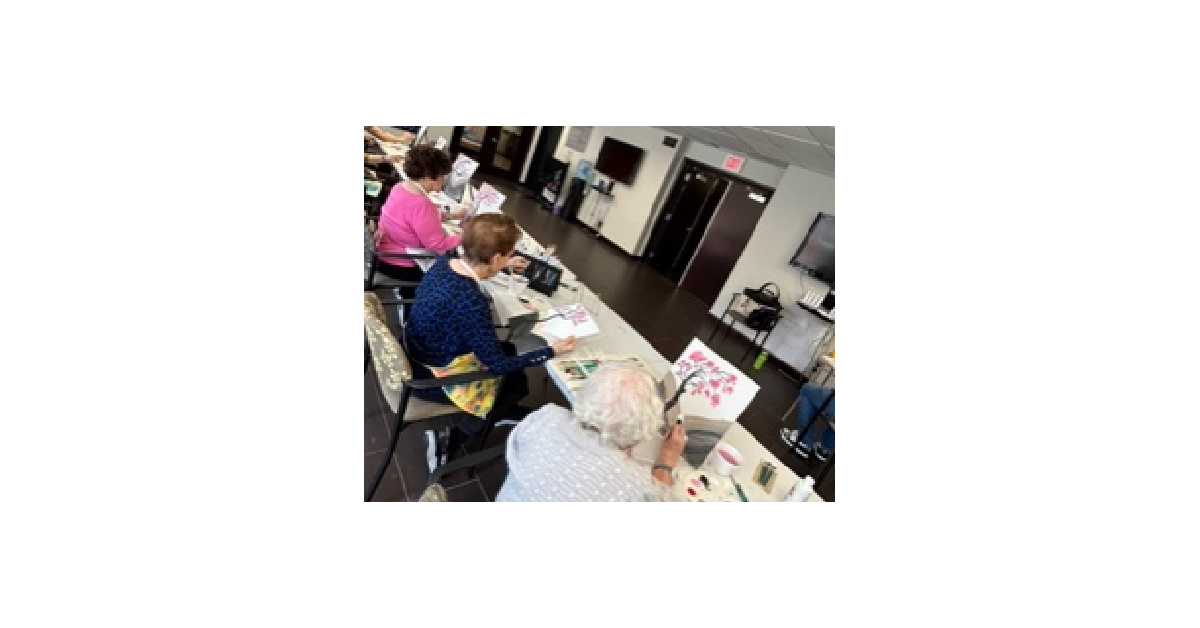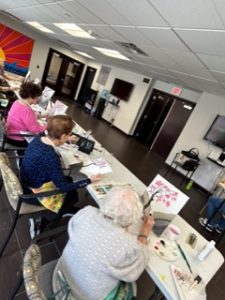This guide provides Veterans and their families with a concise overview of potential benefits they may be eligible for. It focuses primarily on the VA Community Care Networks’ Homemaker, Home Health Aide, and Respite programs. Please note that this is a general guide and should not be construed as legal advice.
All questions regarding benefits should be addressed to your local VA Medical Center.
VA Community Care Network
Homemaker/Home Health Aide/Respite
Eligibility
• Veterans enrolled in VA health care or referred by Veterans Service Coordinators.
• Members from the military, naval, or air service separated under conditions other than dishonorable or current and former members of the Reserves or National Guard, activated under federal orders (excluding training purposes) and who completed the full duration of their active duty call.
• Requiring assistance with Activities of Daily Living (ADLs).
Duty Requirements
A service duration of 24 continuous months or the complete term of the active duty call.
Exceptions: Those discharged for hardship or received an “early out.”
If not currently enrolled in VA health care, Veterans should apply to determine their eligibility.
Service Hours and Care Types
The number of hours authorized, on average, ranges from 6 to 16 hours per week, depending on the needs of the Veteran and is authorized by a care coordinator or social worker at a VA Medical Center. If necessary, service hours can extend to cover twenty-four hours per day. The type of care provided, whether it be homemaker, home health aide (HHA), or respite care, will be assessed and determined based on the individual needs of the Veteran.
How to apply
– Complete the 10-lOEZ form and send it to the Veterans Administration.
– Online Application: Only one application needs to be completed via one of the two methods.
If you’re a veteran enrolled in VA Health Care, here’s how to secure home care benefits:
Appointment with PCP
Make an appointment and undergo a health assessment with a Primary Care Physician within the VA Health System.
Be candid about your health needs; now is not the time for modesty.
Care Need is identified
If a need for care is identified, your Primary Care Physician will send a referral to your VA caseworker for further evaluation.
Quantity of Care
Your VA caseworker will determine the type and quantity of care you qualify for.
Your Choice of Home Care Agency
Your caseworker will discuss the in-network home care agencies in your area with you. You have the option to select an agency yourself or have one assigned to you.
Referral is Sent to Home Care Agency
The caseworker will send the referral to the chosen home care agency.
Home Care Agency Accepts Referral
Upon receipt of the referral, the home care agency will confirm you as a client.
Care Schedule Created
The agency will work with you to create a care schedule that fits within the guidelines of the referral.
